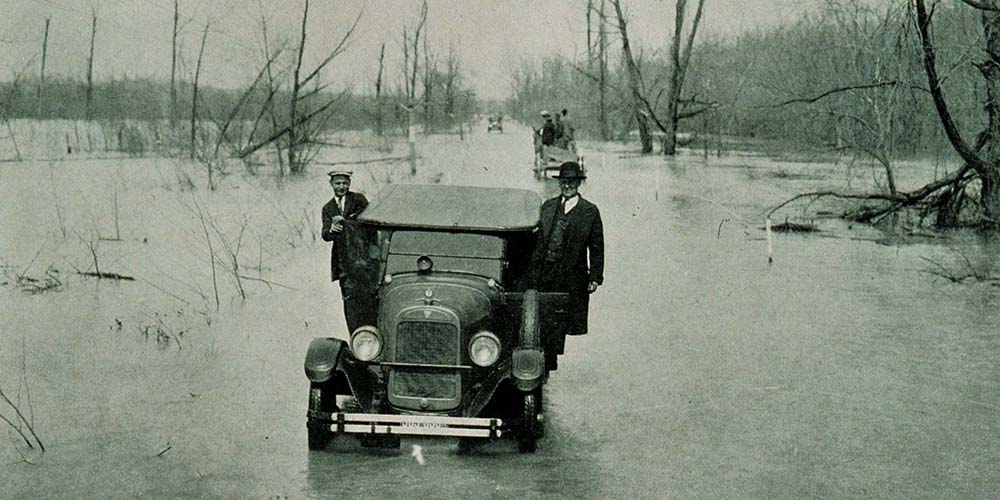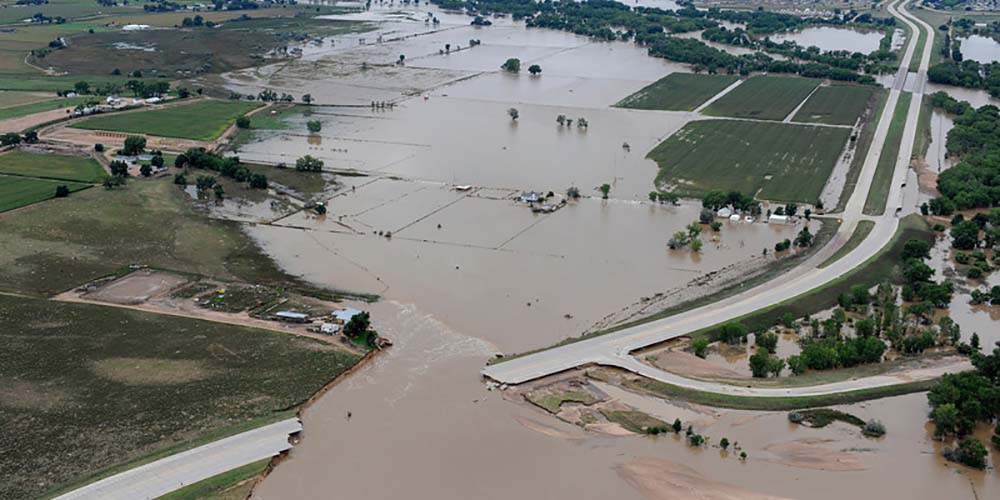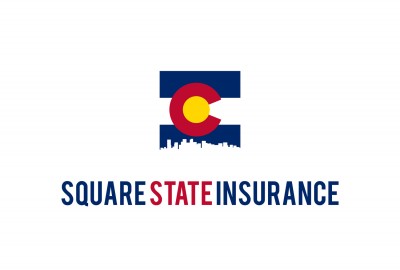Most homeowners think about flood insurance at some point, be it before they buy a home, during the closing process or after a big storm. For those that aren’t familiar, floods are not covered by a standard homeowners policy. This means that if a large flood hits your neighborhood, think Act of God type flood, you won’t be covered by your homeowners insurance. (Note: this is different than a “man made” flood where your washer fails and floods your basement. That -is- covered by a homeowners policy). The thing is, if your insurance broker or real estate agent says you’re in a low flood risk area, most homeowners pass on flood insurance. However, you may need to re-think your decision on low risk flood insurance, especially during the spring months. Let’s take a closer look at why low risk flood insurance may be a prudent investment.
How Flood Risk Is Assessed
FEMA (Federal Emergency Management Agency) is the primary organization that maintains and updates flood risk maps and records. They do a good job of evaluating flood risk, and their records are the go-to reference for evaluating risk and flood insurance rates. FEMA resources like floodsmart.gov and the FEMA Flood Map Service can quickly tell you just how at risk your property is for a flood. These risk evaluators are based on past flooding data, geographic surveys and other data. In a nutshell, they are the best database we have to evaluate if an area is at risk for flooding. They certainly aren’t 100% accurate, and FEMA is quick to caution that no area has zero risk of a flood, just a low perceived risk. While it may be reassuring to know your property isn’t at a high risk for flooding, this doesn’t mean you’re absolutely safe from an unexpected and catastrophic flood. Remember, while your property may be low risk, there could be a high risk area not too far away. In a large flood, that high risk area is sure to expand into the otherwise low risk area you live in.

Why It Pays To Be Cautious
As we just mentioned, FEMA’s flood risk maps are far from perfect. Many insurance professionals question the accuracy of these maps, and the survey techniques used to develop the maps are somewhat dated. As we all know the Earth is constantly changing, and paired with man made structures and a rise in new construction in states like Colorado, you’re never truly sure how your property will fare in a flash flood. In addition, catastrophic events like large flash floods have a probability of happening every 100 years or so. These are called “100 year floods” because the overall risk for severe flooding is considered to be 1% every year, adding up to a rough 100 years. Of course Mother Nature is never that predictable, and a catastrophic flood could come much earlier or later. The term only lends itself to the fact that you may never know when the next big flood will come.
Flood Risks In Colorado
Colorado has a long history of dealing with flooding, be it flash floods cascading down mountain canyons or extreme spring rains. Even high snowfall years can result in flooding from large amounts of snow melt depending on where you live. We all know Colorado weather can be wild and unpredictable, and the spring rains can be especially threatening. Just 20 years ago, Fort Collins, CO experienced an extreme flood, and thousands of area homes were effected. This is just one example of flooding in Colorado, but the evidence is undeniable. You can bet that many homes and properties caught in a large flood like this aren’t normally considered high risk. When flooding reaches catastrophic levels, it threatens all homes in the area, not just high risk ones. This is why every homeowner needs to pay attention to low risk flood insurance.

It’s Easy To Investigate Low Risk Flood Insurance
For those that live in high risk areas and have a mortgage, flood insurance is a requirement that must be maintained throughout the duration of the mortgage. Those that live in lower risk areas are not required to have flood insurance. However, this is not an excuse to pass on flood insurance. As we detailed above, a large flood can impact all homes in the area, not just high risk ones. It’s relatively easy to evaluate flood insurance for your home and can be done with a quick call to an insurance broker like Square State Insurance. They will shop different carriers and policies and present the most affordable and comprehensive options to you. Since your home is built in a lower risk area, the costs of flood insurance will generally be lower. If you can afford the coverage, we absolutely recommend getting it. If you compare the monthly cost of a flood insurance premium to the total loss of your house in a flood (that your homeowners insurance won’t cover), it really is an easy decision.
Final Thoughts On Low Risk Flood Insurance
Simply put, a catastrophic flood can happen almost anywhere. Even if you live in an area determined to be low risk by FEMA, there is no guarantee your home is safe from a flood. Spring rains, large snow melt and other environmental factors can lead to the unexpected, and your homeowners insurance won’t cover any damage sustained in a flood. This is why we recommend investigating flood insurance for your home, even if it is considered to be low risk. We welcome you to contact Square State Insurance for a quote or more information on flood insurance, especially before the spring rains hit!

